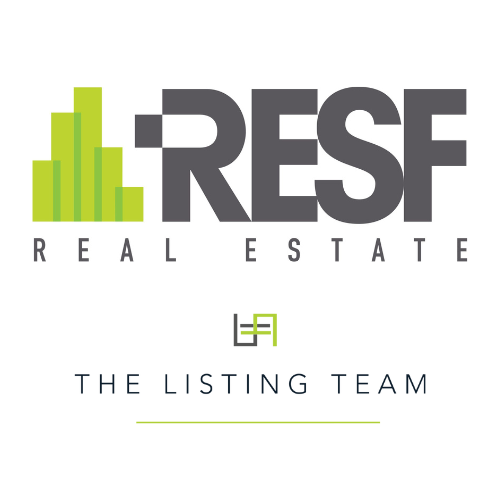If you’re planning to purchase a home, knowing what to spending plan for and how to conserve might sound challenging– but it doesn’t have to be. One way to alleviate those issues is to ensure you comprehend some of the costs you might encounter up front. And to do that, always turn to relied on real estate specialists. They can assist you set a plan and take a strategic take a look at your budget plan and your process before you even start.
Here are just a few things professionals state you need to be thinking about.
1. Down Payment
Conserving for your depositis most likely top of mind as you set out to buy a home. However do you understand just how much you’ll need? While every purchaser’s situation is different, there’s a typical mistaken belief that putting 20% of the purchase rate down is needed. A post from the Mortgage Reports discusseswhy that’s not constantly the case:
“The idea that you have to put 20% down on a home is a myth … The correct amount depends upon your existing cost savings and your home buying goals.”
To comprehend your choices, partner with trusted real estate experts to review the various loan types, down payment assistance programs, and what every one requires. The more you know ahead of time, the much easier the process will be.
2. Closing Costs
Make sure you likewise spending plan for closing expenses, which are a collection of fees and payments made to the various parties associated with your transaction. Bankrate describes:
“Closing expenses are the fees you pay when settling a real estate deal, whether you’re refinancing a mortgage or purchasing a new home. These expenses can total up to 2 to 5 percent of the home mortgage so it’s important to be financially prepared for this expenditure.”
The very best method to understand what you’ll need at the closing table is to deal with a trusted lender. They can supply you with responses to the questions you may have.
3. Earnest Money Deposit
If you want to cover all your bases, you can likewise think about conserving for a down payment deposit (EMD). An EMD is cash you pay as a program of excellent faith when you make a deal on a house. According to Realtor.com, it’s generally in between 1% and 2% of the overall home price.
This deposit works like a credit. It’s not an added cost– it’s paying a part of your costs in advance. You’re utilizing a few of the money you’ve currently conserved for your purchase to show the seller you’re committed and major about buying their house. Realtor.com describeshow it works as part of your sale:
“It informs the real estate seller you’re in earnest as a purchaser … Assuming that all goes well and the purchaser’s good-faith offer is accepted by the seller, the down payment funds approach the deposit and closing expenses. In result, earnest money is simply paying more of the deposit and closing costs in advance.”
Keep in mind, an EMD isn’t required, and it does not guarantee your deal will be accepted. It’s important to deal with a real estate advisor to understand what’s best for your scenario and any specific requirements in your local area. They’ll advise you on what relocations you should make so you can make the best possible choices throughout the purchasing process.
Bottom Line
When purchasing a home, being notified about what to conserve for is essential. Let’s connect so you’ll have a specialist in your corner to respond to any concerns you have along the way.

.png?format=1500w)

